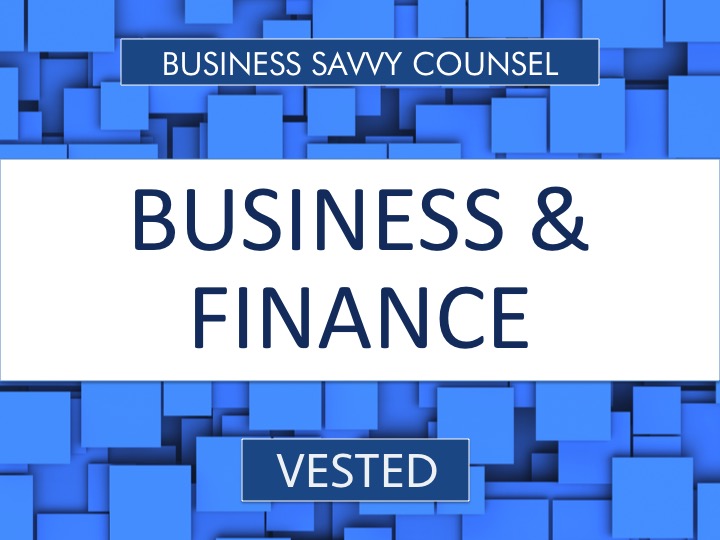By Kresimir Peharda, Partner.
March 17, 2016
The holy grail of crowdfunding aka retail crowdfunding will go live in a mere 3 months. In May of 2016 this last piece of the JOBS Act will be available for use. This will allow start-ups to raise up to $1 million over a 12 month period via an intermediary such as a broker-dealer or funding portal. A previous post covered the basics of this law cleverly called Regulation Crowdfunding. From the SEC’s perspective, retail crowdfunding is limited to what is allowed under Regulation Crowdfunding.
Categories
Crowdfunding may be categorized by the rule pursuant to which the fundraising is available or the type. For an overview see this post. The implementing rules include the JOBS Act (Titles II and III) and Regulation A+.
Crowdfunding types include:
- Donation based,
- Reward based,
- Debt based and
- Equity based.
While donation/reward based crowdfunding is not regulated under the securities laws or by the SEC it is subject to consumer protection laws and FTC regulation.
Donation based
You make a donation to help fund something charitable or of social worth. Sites include:
- Crowdrise
- Gofundme, and
- invested.in
Reward based
You invest and get a copy of the movie or music album once it is completed. Leading sites include:
- Kickstarter and
- Indiegogo
Debt based
You act as a lender and you make a loan to a debtor. Sites include:
- Funding circle, and
- Prosper
Equity based
You invest in the equity of a company and get actual shares or ownership interests in that business. Sites include:
- AngelList,
- CircleUp
- Crowdfunder, and
- Fundable
Decisions decisions
Given all of these options and nuances: How should any entrepreneur think about the various crowdfunding options? Some factors to consider are:
1. Annual revenues, if any
2. Type of product or service
3. Amount of capital sought
4. Existence of an audience or community
5. Cost of capital
6. Type of investor
Annual revenues
Companies that have no revenues and no customers will generally not be good candidates for Regulation A+ or Tier II crowdfunding. They may be good candidates for donation or reward based crowdfunding, or Regulation Crowdfunding.
Type of products/service
Films, videos, music, wearables and games are categories that have had notable success using reward based crowdfunding. Sites such as Kickstarter and Indiegogo have familiarized people with this model. Companies in less sexy verticals that cannot easily give away products will have a harder time attracting dollars.
Amount of capital sought
Companies seeking $2 million or more are not likely to find this capital via donation or reward based crowdfunding and cannot by definition do so via Regulation Crowdfunding. Therefore, those companies would be well advised to consider Regulation A+ or Title II.
Existing audience or community
Companies lucky enough to have an existing fan base or community are a good fit for the donation or reward crowdfunding method.
Cost of capital
Rarely discussed is the cost of capital to the company. Management would be well advised to calculate the offering costs of whatever method they choose. Donation/reward based portals have success fees, non-success fees and processing fees. Regulation Crowdfunding and Tier II will require paying for attorneys and accountants. Regulation Crowdfunding and Tier II funding portals will also charge fees. Finally, broker-dealers will also charge fees and commissions.
Type of investor
If you are part of the Paypal Mafia, then any crowdfunding option is available to you. If, on the other hand, you do not know many accredited investors looking to invest in your company, then Regulation Crowdfunding or donation/rewards based crowd-funding maybe the easiest path.

